Film Review: 'Haider'
Opened: 2 October 2014
Cast: Shahid Kapoor, Tabu, Irrfan Khan, Kay Kay Menon, Shraddha Kapoor
Director: Vishal Bhardwaj
Producers: Vishal Bhardwaj, Siddharth Roy Kapur
Rating: ★★★
Shahid-Shraddha sparkle in Haider
It’s always difficult reviewing a film like Haider. Lofty, hard nosed critics will find meaning in its underlying and often complicated Shakespearean subtext, but I personally, failed to connect with it whole heartedly despite Bhardwaj’s noble intentions and evident passion in both the film’s subject and its intriguing, conflicted lead character played with heart wrenching honesty by Shahid Kapoor.
Set against the sombre backdrop of militancy in Kashmir circa 1995, the film is one of the many interpretations of Shakespearean tragedy Hamlet, and tells the morbid tale of Haider (Shahid), who returns to Kashmir after his father goes missing, and his uncle Khurram (Kay Kay Menon) subsequently marries his mother Ghazala (Tabu).
Traumatised by this unexpected turn of events, Haider goes off the rails in his relentless search for answers, which eventually come to him in the form of his father’s confidant, Roohdar (Irrfan Khan), who approaches him through his ladylove Arshia, (Shraddha Kapoor) and instructs him to avenge his father who seemingly died under dubious, double crossing circumstances.
Whether it’s the unanimously riveting performances or the scintillating scenery and compelling photography, there is a lot to marvel at in Haider.
Shahid is astounding in the film, and never once goes overboard, successfully conveying an inner conflict and pathos that he hasn’t brought to any of his recent films, which for their part have been rather flippant and lacking in substance. Tabu, one of the most underrated actresses of her time, is terrific displaying a myriad of emotions, and does full justice to her complex multi-layered character, while Kay Kay Menon brings a subtle wickedness to his part, never once slipping into caricaturish territory. Irrfan Khan has a relatively short part but his entrance into the film proves to be its turning point and will surely bring the house down. And last but most certainly not the least, Shraddha Kapoor shows us what she’s made of after her annoying jibber jabber in this year’s overrated Ek Villain, by bringing a fragile grace and innocence to her relatively small but effective part which is based on Hamlet’s Ophelia.
And yet, despite Haider having so much going for it, it didn’t entirely do it for me. Maybe it’s because I haven’t read Shakespeare’s Hamlet, or maybe it’s because I failed to grasp the more subtle nuances and motives of each of the characters. I’m not sure. But there are parts in the film which will try your patience. It unfolds at a leisurely pace, and is depressingly dark and violent and only really takes off half way, by which point, it probably will have lost a lot of people’s interest.
That aside, a lot of the film’s plot points remain unexplained. Why, for example, does Haider lose his marbles? It’s a transition that's never fully explored and neither is his love story with Arshia. Also, is there a subtle hint of incest between Ghazala and Haider? If so, why or how did that come about?
This is a film that will delve deep into your psyche and force you to think about the message that Bhardwaj is trying to get across, but the question is, will a nation that thrives on senseless masala and slapstick humour be bothered about characters that are clearly doomed at the very onset? Unlikely, and that is what might prove to be this film’s undoing.
Ultimately, Haider is a work of art put together with noble intentions and has stupendous performances and a breathtaking landscape as its assets, and yet for all its positives, somewhere down the line it gets lost in translation. It’s not unwatchable by any means and will undoubtedly win critical hosannas, but it’s one of those films that you’ll either love or hate.
I'm on the fence with this one and going with three stars.





It's Hrithik Roshan versus Shahid Kapoor come October. But which film will soar at the box office and which one will sink? An analysis.